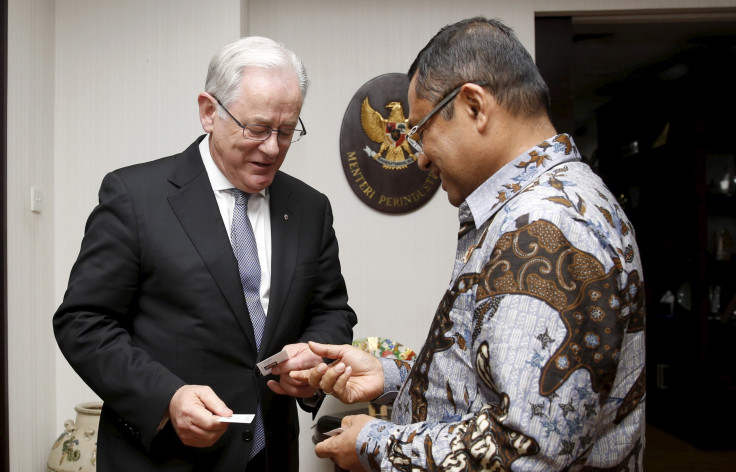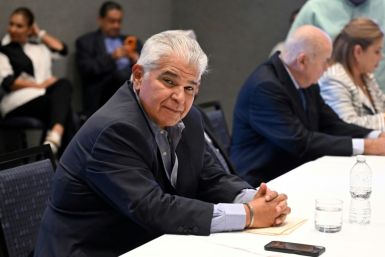Indonesia calls for long-term live cattle trade with Australia

Trade Minister Andrew Robb had to skip the swearing in ceremony of the new cabinet in Canberra on Monday to meet his Indonesian counterpart Thomas Lambong in Jakarta. The move has actually paid off in dividends for Australia as Indonesia has expressed a strong willingness to ensure a long-term focus on the import of live cattle from Australia.
Robb was in Jakarta for a meeting with Lambong which was mainly aimed at improving the two-way relationship between the two countries. Robb noted that his decision to skip the swearing in of the new cabinet shows the importance of the meeting.
The Australian trade minister suggested Jakarta to stabilise the live cattle import by issuing a yearly quota rather than the quarterly allocations. This would not only allow the Australian producers to plan their export herds but also stabilise the fluctuating beef prices in Indonesia. Beef prices in Indonesia have gone up substantially following the slashing down of cattle imports from Australia during the last quarter. An emergency order for more cattle was made to relax the prices.
Lambong, after the meeting with Robb, said there was indeed a need for a long-term trade relations between the two countries.
"Long-term orientation is always wiser than very short-term, instant gratification," the ABC News quoted him as saying. "We see tremendous medium and long-term opportunity for greater collaboration. We're geographic neighbours, we have longstanding and substantive historical relationships, so no reason why we couldn't join up in a spirit of partnership to tackle the challenges and opportunities."
Robb has also suggested the need for Indonesian investment in the Top End’s pastoral industry to stabilise the live-cattle trade.
“If there is a significant and informed level of investment in Australia in this area, it will mean that explanations about the issues facing the Australian industry -- such as demand exceeding supply potentially over the next couple of years -- those messages will be understood and conveyed by Indonesians who are involved at the other end of the business in Australia,” he said in Jakarta on Monday.
Contact the writer at feedback@ibtimes.com.au, or let us know what you think below.






